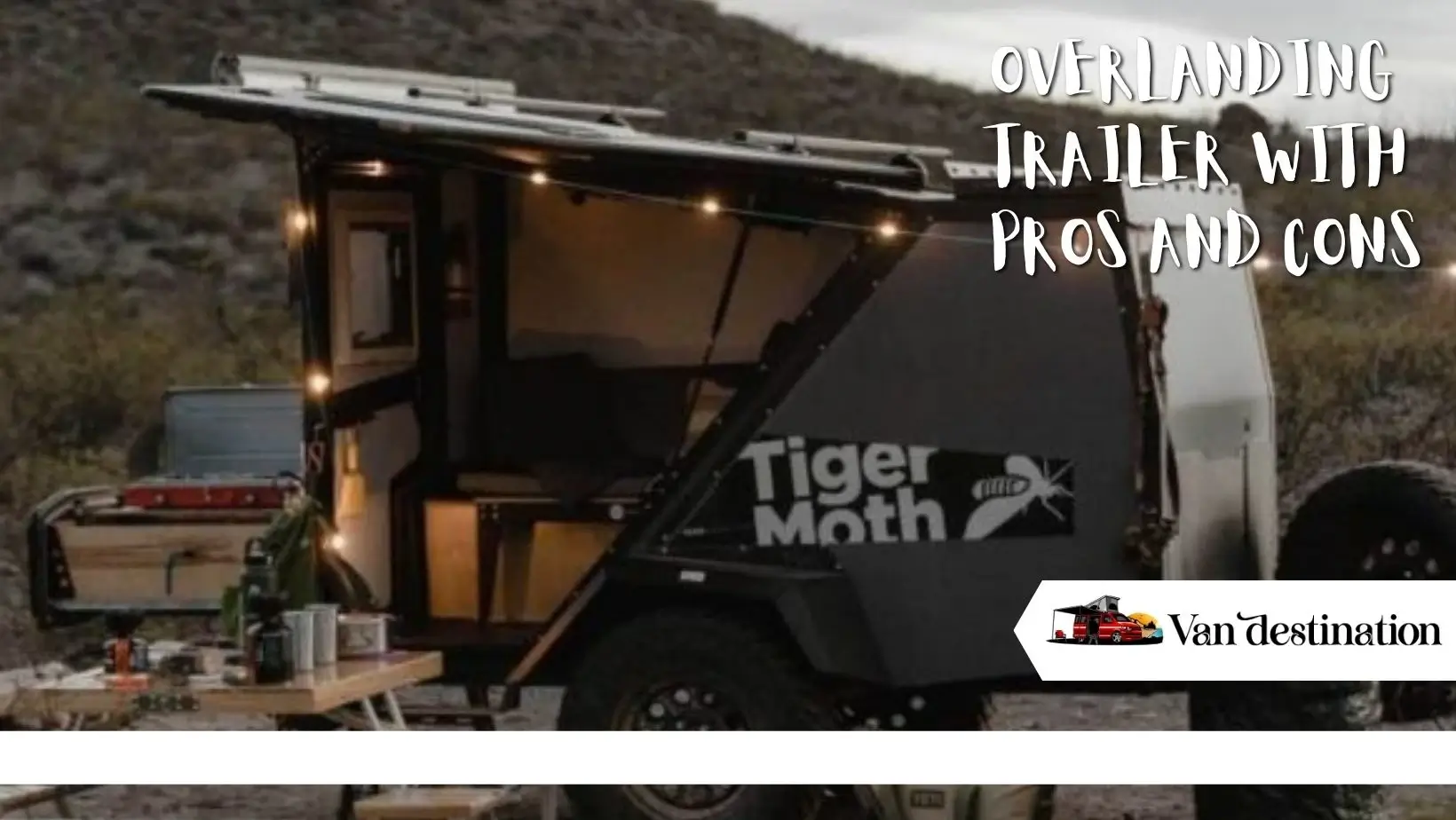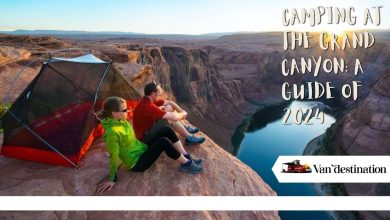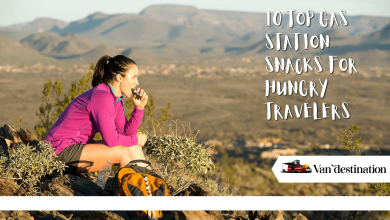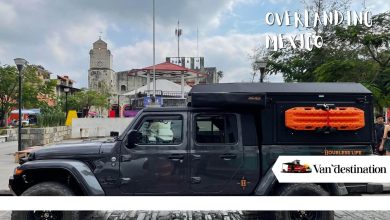Overlanding Trailer: You Need To See!

Overlanding is an increasingly popular activity among outdoor enthusiasts, and having the right equipment makes all the difference. An essential piece of gear for overlanding is an overlanding trailer. Overlanding trailers are designed to provide adventurers with a comfortable and organized space while they explore remote areas. These versatile trailers come in different shapes, sizes, and configurations. From lightweight and off-road ready to fully contained luxury models, there’s something to suit everyone’s needs.
What is Overlanding?
Overlanding is a rapidly growing trend among the outdoor enthusiasts of today. At its core, overlanding is about exploring nature and the great outdoors in a fully self-sufficient way. It’s an adventure that takes you off-road, away from paved highways and into remote areas where you can truly connect with the natural world.
Basics Necessary Components
Firstly, your overland trailer must have adequate storage space for all of your gear. This will include everything from camping equipment to food supplies and spare parts for your vehicle. You’ll also want to ensure that the storage compartments are easily accessible and secure enough to protect your belongings from theft or damage.
Secondly, an overlanding trailer should be equipped with appropriate suspension and tires that can handle rough terrains. The last thing you want is for your vehicle or trailer to break down in the middle of nowhere due to poor-quality tires or suspension systems.
Also Read: Overlanding Camper: The Ultimate Adventure Vehicle
Types of Trailers
The first type is the flatbed trailer. This trailer has a completely flat surface and no sides or roof, making it ideal for carrying large and bulky items such as heavy machinery or construction materials. The absence of walls also means that it’s easy to load and unload from any angle.
Another popular type is the refrigerated trailer, also known as a reefer trailer. As the name suggests, this kind of trailer is used for transporting temperature-sensitive products such as food or medical supplies. It’s equipped with cooling units that help maintain a specific temperature range throughout transportation to ensure that goods arrive at their destination fresh and intact.
Benefits of Overlanding
One major benefit of overlanding is the ability to see parts of the world that are often inaccessible by other means. This type of travel allows for a deeper exploration of nature and wildlife in their natural habitats. Additionally, overlanding provides an opportunity to experience different cultures and meet new people along the way.
Another advantage of overlanding is the freedom it affords travelers. Unlike traditional forms of travel where itineraries are rigidly planned out ahead of time, overlanders can create their own routes based on their interests and desires.
Tips & Tricks for Beginners
Overlanding is an exciting adventure that involves exploring the great outdoors using a vehicle. One of the most important components of overlanding is having a reliable trailer to carry all your gear. If you’re a beginner and are looking to get started with overlanding, here are some tips and tricks for choosing and using an overlanding trailer.
Firstly, make sure you choose a trailer that fits your needs. Consider how many people will be traveling with you, how long your trip will last, and what type of terrain you’ll be driving on. You’ll want to choose a sturdy trailer that can handle rough roads and harsh weather conditions. Additionally, consider the size of your vehicle and make sure the trailer won’t be too heavy or difficult to tow.
Safety Considerations
However, before heading out on an overlanding adventure with a trailer, it’s essential to consider safety precautions. One of the primary concerns is ensuring that your vehicle and trailer are well-maintained and in good working condition. Regularly check your brakes, tires, suspension system, lights, and electrical connections.
Another critical safety consideration is the weight of your trailer. Overloading your trailer could lead to accidents on steep inclines or when trying to maneuver through tight spaces. Always follow the manufacturer’s guidelines for weight distribution and load capacity for both the vehicle and trailer. Additionally, ensure that you have proper hitching equipment installed correctly by a professional mechanic or technician trained in RV towing procedures.
Conclusion
An overlanding trailer is a great way to get away from the hustle and bustle of everyday life. It provides an affordable solution to explore new places, but also gives you the comfort of having your home comforts with you. With the right planning, you can make sure that your adventure is both enjoyable and safe. From researching the perfect vehicle to considering essential equipment and accessories, this guide has provided useful information on how to start the journey of a lifetime.



